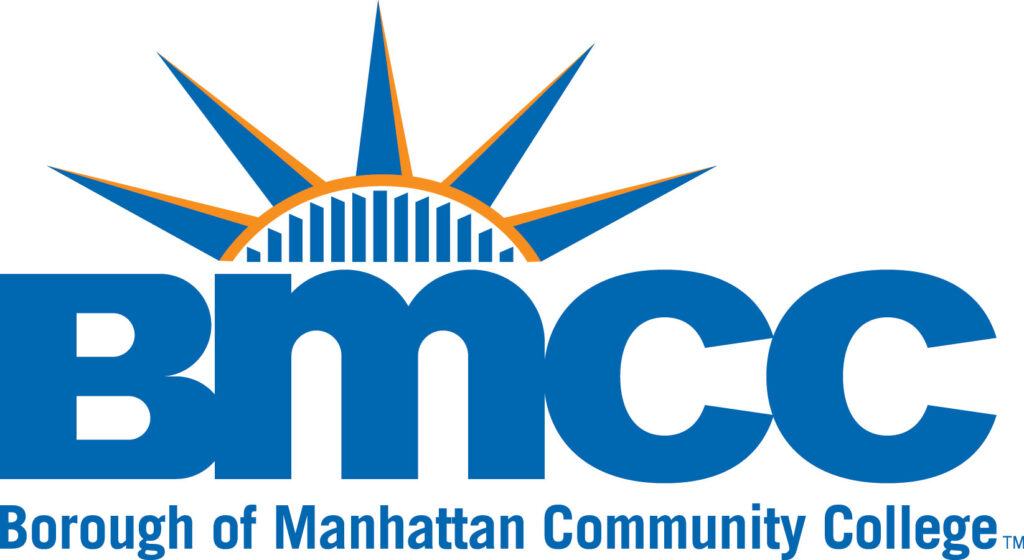About
Claire Wladis, Ph.D., is the Director of the City University of New York (CUNY) Excellence Through Education Research Group, Professor of Mathematics at BMCC/CUNY and of Urban Education at the CUNY Graduate Center. Their research focuses on a wide range of subfields in mathematics education and higher education, with a unifying focus on understanding how educational institutions may better center and adapt to the needs of the students who attend them. This includes research on how students think about core algebra concepts, how we can accurately measure this thinking, and how we can use this information to improve instruction; how our particular conceptualization and implementation of developmental and “college-level” mathematics courses may improve or worsen access to college and STEM degrees; how the availability of online courses may help or hinder degree progress for students; how time and energy as resources for college may impact academic and non-academic outcomes in college; how students successfully navigate existing higher education structures; and how culture, policies, and practices may enable or disable students from obtaining a college or STEM degree.
Dr. Wladis is currently the Primary Investigator on the following NSF-funded projects:
- (2024-2029; Award #: 2350382). Recentering the experiences of STEM majors with dis/abilities in college: Investigating systemic factors that enable/disable students from obtaining formal & informal accommodation, National Science Foundation (NSF) EHR Core Grant, $2,251,904, Principal Investigators: Claire Wladis [PI], Alyse C. Hachey, and Catherine A. Manly. This project will investigate how higher education structures enable or disable STEM students with dis/abilities.
- (2023-2028; Award # 2300725). Broadening Narratives about Math Majors: Investigating the Needs and Experiences of Community College Mathematics Majors, National Science Foundation (NSF) EHR Core Grant, $2,374,279, Principal Investigators: Claire Wladis [PI], Barry Cherkas, Jason Samuels, and Kristen Amman. This project will directly investigate which factors impact student decisions to enroll and persist in mathematics majors in the two-year college context.
- (2019-2025; Award # 1920599). Investigating Whether Online Course Offerings Support STEM Degree Progress, National Science Foundation (NSF) EHR Core Grant, $2,466,374. Principal Investigators: Claire Wladis [PI], Katherine M. Conway, Alyse C. Hachey, and Christopher Rhoads. This project will explore the relationship between online course availability and academic momentum (the number of credits in which a student enrolls) and STEM persistence, as well as investigate scarcity of alternate course sections as a potential moderating variable in explaining observed patterns.
- (2018-2025; Award # 1760491). Developing, Field-Testing, and Validating An Elementary Algebra Concept Inventory Database For Use In The College Context, National Science Foundation (NSF) EHR Core Grant, $1,500,000, Principal Investigators: Claire Wladis [PI], Katheleen Offenholley, Mils Myszkowski, and John Verkuilen. The aim of this project is to generate a calibrated item pool of 200 validated questions that assess conceptual understanding in college algebra.


